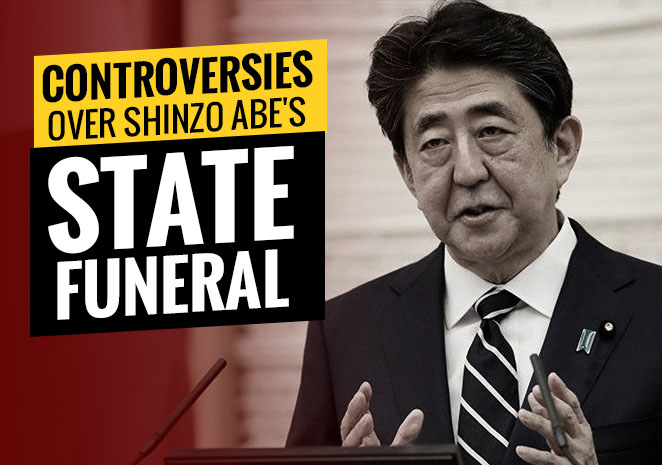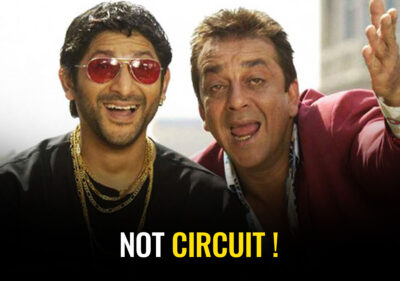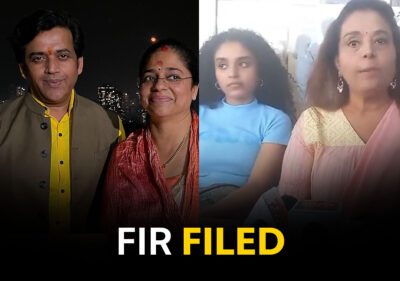
Shinzo Abe’s official funeral has sparked protests and even a man who may have burned himself on fire, has become a flashpoint for debate. But why did the funeral on September 27 become a burning issue? Here’s everything you need to know!
On July 8, a gunman in the Nara area shot and killed Abe while campaigning in favour of Liberal Democratic Party (LDP). According to reports, his alleged killer represented the Unification Church because his mother had given substantial sums to the organisation, and thought Abe was associated with it.
Also Read: Punjab: Governor’s NO To Special Assembly Session Demanded By State Government
However, Shinzo Abe’s private funeral was held in Tokyo, attended by family and close ones. Additionally, thousands of people lined the streets nearby to offer him the last respects.
Reason Behind The State Funeral:
Only one other state funeral for a former prime minister was held in Japan during the post-war era, and that was for Shigeru Yoshida in 1967. However, Shinzo Abe was both Japan’s longest-serving prime minister and its most well-known politician, that too, domestically as well as internationally.
Likewise, as per Prime Minister Fumio Kishida, a formal funeral will allow the world leaders to express their condolences and prove that Japan “will not give in to violence.” However, as per the media reports, his funeral would cost almost ($12 billion) 1.7 billion yen.
Reportedly, the event has been scheduled for 27th of September at Tokyo’s illustrious Budokan venue, and world leaders like Australian Prime Minister Anthony Albanese and US Vice President Kamala Harris are anticipated to participate.
What’s The Whole Controversy?
The decision instantly sparked controversy, with opposition MPs claiming that PM Kishida overstepped his powers by sanctioning the funeral. Professor emeritus of international politics at the University of Tokyo Yoshinobu Yamamoto, said, “he thought the cabinet has the right to decide on what kind of events and activities it holds. However, there is no official system in the country which defines state funerals.”
According to Professor Yamamoto, there are two key causes for the controversies linked to the funeral:
1. Questions about Prime Minister Kishida’s decision-making.
2. The problems surrounding the Unification Church and its links to the LDP.”
Following Abe’s passing, the LDP acknowledged that about half of its members had affiliations with the divisive sect, whose adherents are commonly referred to as “Moonies” after the movement’s founder Sun Myung Moon. Moreover, these revelations and accusations have affected the popularity of the government, indicated even in some of the opinion polls.




